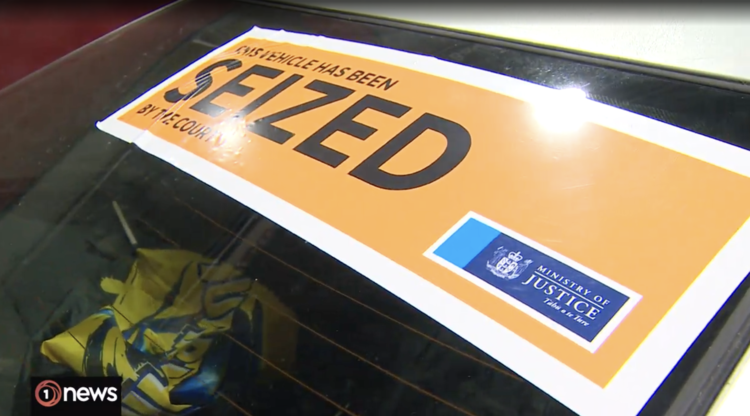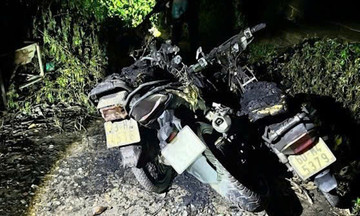The Ministry of Justice is taking strong action against those who fail to pay fines and compensation, impacting the legal process.
Justice Minister Paul Goldsmith said the license plate scanning technology was implemented on 25/7. "We have a significant problem in this country with people not paying fines. It's over 100 million NZD in outstanding fines and hundreds of millions in reparation. We have to do something," he said.
Goldsmith delivered a strong message: "If you haven’t paid your court fines, you could soon be walking home or calling someone for a ride".
 |
Police use handheld devices to scan license plates and check them against a database, quickly identifying vehicles registered to individuals with unpaid fines or compensation.
In the first two days of operation, police scanned over 4,800 vehicles at two Auckland toll booths and identified 208 license plates belonging to people with outstanding debts.
Ministry officials stated that most drivers took steps to address their debts. One person had their vehicle clamped and seized.
The public expressed reservations about this strict measure. "If people can't work because they have no transportation, they will become poorer and never be able to pay their court debts," one person told News 1.
Another resident suggested that many people with unpaid fines are not deliberately avoiding payment but genuinely lack the funds. They argued that harsher penalties won't solve the underlying issue.
Before this measure, New Zealand law already had numerous enforcement provisions for unpaid fines: asset forfeiture, driver's license suspension, direct payroll deductions, travel bans, loan restrictions, prohibitions on installment purchases, and imprisonment.
Hai Thu (Justice Gov, RNZ, News 1)












